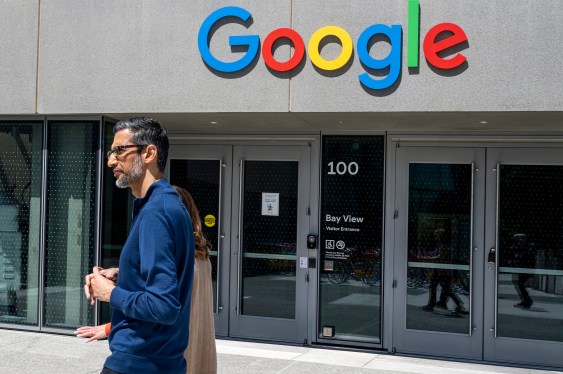The U.S. Justice Department has submitted a 32-page proposal (PDF) for potential remedies to address Google’s monopolies in search and search advertising. This proposed framework, presented to U.S. District Judge Amit Mehta, who ruled against Google in a landmark antitrust case last August, presents a range of options including behavioral restrictions and more drastic structural measures.
Four Key Areas for Remedies
The Department of Justice has asked for remedies across four areas:
Search Distribution
- Restrict or eliminate default search agreements, pre-installations, and revenue-sharing deals.
- Consider structural remedies to separate Chrome, Play, and/or Android from Google.
- Limit Google’s control over emerging search technologies, including AI-powered features.
- Implement user education programs to promote informed search engine choices.
Data Access and Usage
- Mandate sharing of Google’s search index, data, algorithms, and AI models.
- Require transparency in search results, features, and ad ranking signals.
- Prohibit Google from leveraging non-shareable data due to privacy concerns.
- Implement measures to reduce rivals’ costs for data indexing and retention.
Extending Search Monopoly
- Limit Google from using contracts to undermine rivals’ access to web content.
- Allow publisher websites to opt out of AI training or appearing in Google-owned AI products such as AI summaries.
Advertising Practices
- Scale back or restructure Google’s advanced advertising products, including AI-driven tools.
- Explore options for licensing Google’s ad feed separately from search results.
- Increase transparency for advertisers, providing detailed auction and monetization data.
DoJ Explains Its Logic Behind Proposed Remedies
The DoJ explained some of its logic around proposed remedies and why currently smaller revenue sources, such as artificial intelligence-based tools, should also be included. Remedies, it said, "should account for alternative and future forms of monopoly maintenance," and that they should serve to "unfetter these markets from Google’s exclusionary conduct," remove barriers to competition, and "deny Google the fruits of its statutory violations."
Google Responds
Google responded in a blog post late Tuesday, calling the Justice Department’s proposal "radical and sweeping" and warning of potential "negative unintended consequences for American innovation and America’s consumers." The remedy is "far-reaching" and "goes a mile wide and an inch deep," analysts at Bernstein cautioned on Wednesday in a note to clients.
"The last thing Google needs right now in the broader AI battle is having to fight with one hand tied behind their backs by regulators," they wrote.
Implications of Proposed Remedy
The proposed remedy has significant implications for Google’s business, including its control over Android and Chrome. The DoJ’s proposal could lead to a breakup of the company, similar to what happened with Standard Oil in 1911 or Microsoft in the early 2000s. This would be the first major corporate breakup in four decades.
The proposed remedy also raises questions about the role of technology companies in society and whether they should be subject to stricter regulations. The DoJ’s proposal is part of a broader trend of increased scrutiny of tech companies, with regulators around the world looking at ways to rein in their power and influence.
Conclusion
The U.S. Justice Department’s proposed remedy to break up Google has significant implications for the company, its competitors, and the wider technology industry. While Google has responded strongly against the proposal, the DoJ remains committed to addressing what it sees as unfair business practices by the tech giant. The outcome of this case will have far-reaching consequences for the future of the tech industry and the role of companies like Google in society.











